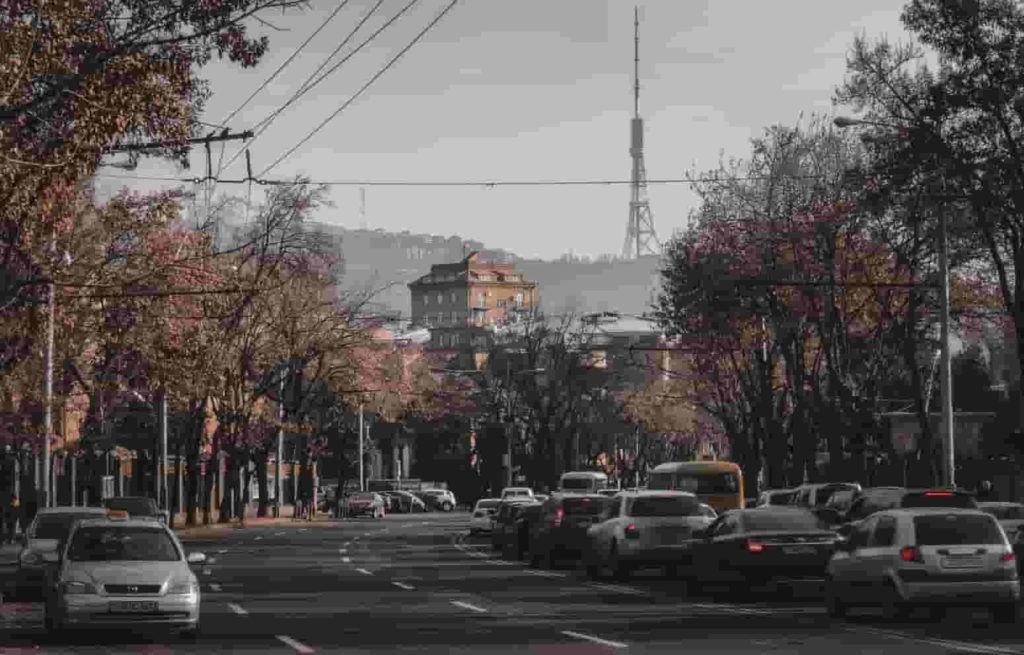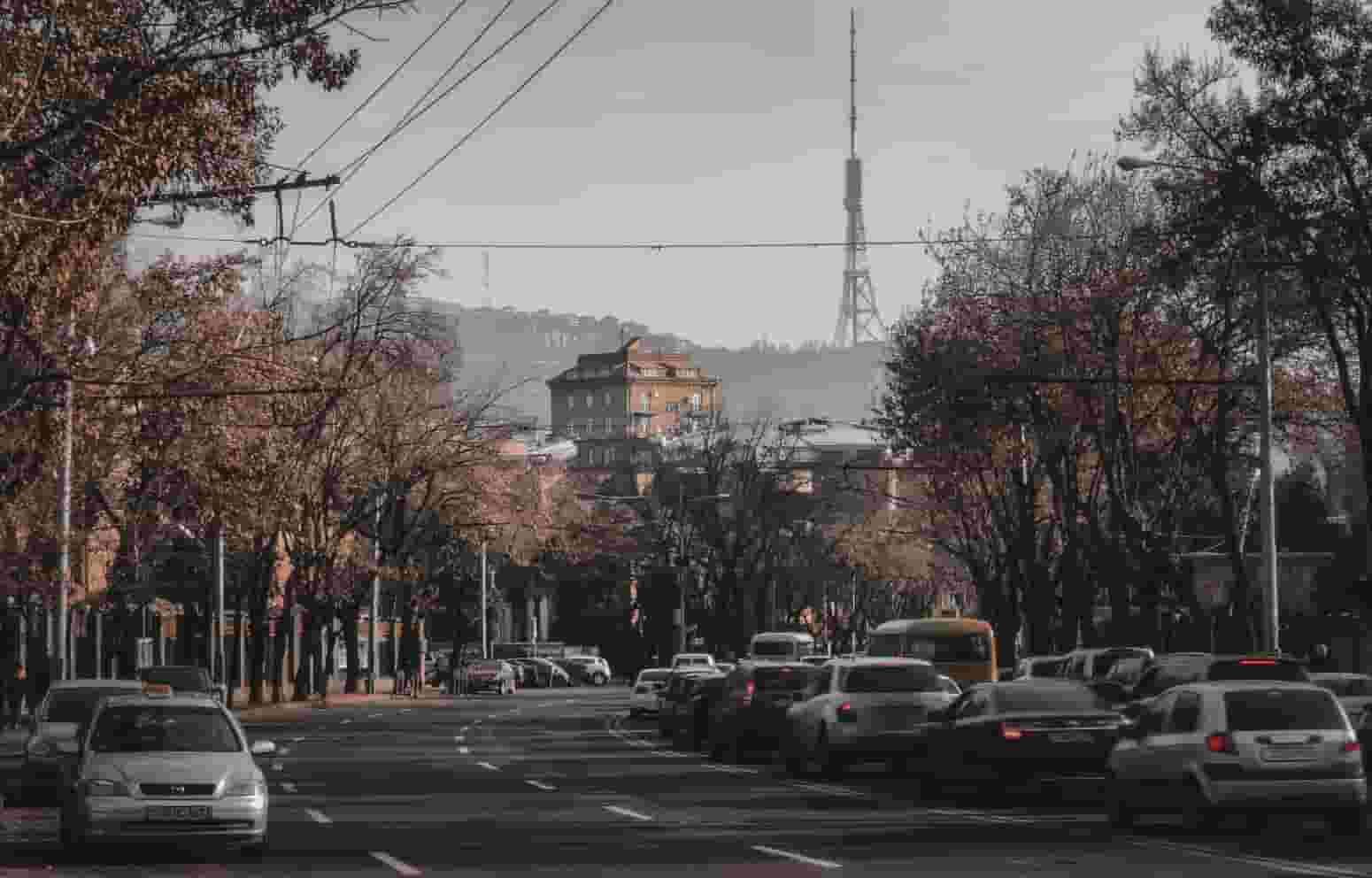The New Parking Policy 2.0 for Bangalore: City Parking Permits
Since the adoption of its first parking policy in 2012, Bengaluru has witnessed a shift in its parking real estate and subsequently, the demand. In February this year, the Bruhat Bengaluru Mahanagara Palike (BBMP) upgraded the parking policy for the city. The New Parking Policy 2.0 advocates the use of parking permits even in residential areas. This means that citizens will need to get their permits from BBMP to park on the road or the footpath. Let’s take a look.

Why the New Parking Policy 2.0?
Why was a new policy formulated for Bangalore? Here are some of the biggest factors that drove this change:
- Changes in available transport options due to metros and ride-hailing apps
- The growing popularity of shared cycles, bikes, and other micro-mobility options
- Conversion of residential plots to commercial ones and non-compliance of parking requirements as per by-laws
- Rising personal vehicle usage
The New Parking Policy 2.0 was developed to address these issues. One of the central tenets of this policy is deploying a permit system to manage residential parking. A residential permit helps manage on-street parking by restricting parking areas to the owner’s street, reducing stray parking on the roads. With restrictions on the number of vehicles eligible for residential permits, this system manages the number of vehicles parked on the street as well.
The new policy aims to manage the available residential parking spaces, plan parking for new buildings, and revamp the existing system through permits.
Let’s explore the specifications of the New Policy in greater detail.
Developing Well-Organized Parking Spaces
The new policy seeks to manage on-street parking to allow greater movement (of people and vehicles) on the roads. This includes freeing residential roads of disorganized parking, thus allowing citizens to use the infrastructure for business and recreational facilities. To do this, the New Parking Policy 2.0 recommends making parking facilities at an area-level, streamlining on-street parking, and regulating residential parking and transport vehicles.
Adapt Parking Supply According to Market Needs
Since government-driven parking supply is a limited resource, the 2020 policy seeks to bring in private parking services to develop and organize off-street parking. It recommends introducing parking protocols for Transit-Oriented Development (ToD) zones to provide quick transit and easily accessible parking spaces to travelers.
Actively Manage Parking Needs
The New Parking Policy 2.0 builds over the older one to ensure parking is taken care of actively. It plans to rope in local bodies to prioritize the management and delivery of parking services efficiently. Technology is expected to aid this process by eliminating inefficiencies in the allocation of parking.
Using a Permit Management System to Allot Designated Parking Spaces
The policy advises the city agency to adopt a paid permit system to allot residential parking on a quarterly or annual basis. The New Parking Policy 2.0 also recommends deploying a technology-driven permit system with a database of residential parking inventory. Such a database will be updated with vehicle identification details when a vehicle is parked, in real-time. The New Policy 2.0 also aims to use the system to plan parking areas for new buildings, in accordance with approved building plans.
Wrapping Up
It is clear that Bengaluru’s parking demand overshoots supply, and the new policy aims to address this through the use of permits.
At GetMyParking, it is our mission to digitize parking on a global level. To help operators and customers across the world with recurring parking woes, we have recently launched GMP Permit – a parking permit management platform that enables seamless purchase and distribution of permits. Take a look at the feature-packed product to see why GMP Permit is the latest addition to our award-winning platform, and why it’s set to become the fastest-growing permit management system in the world.

